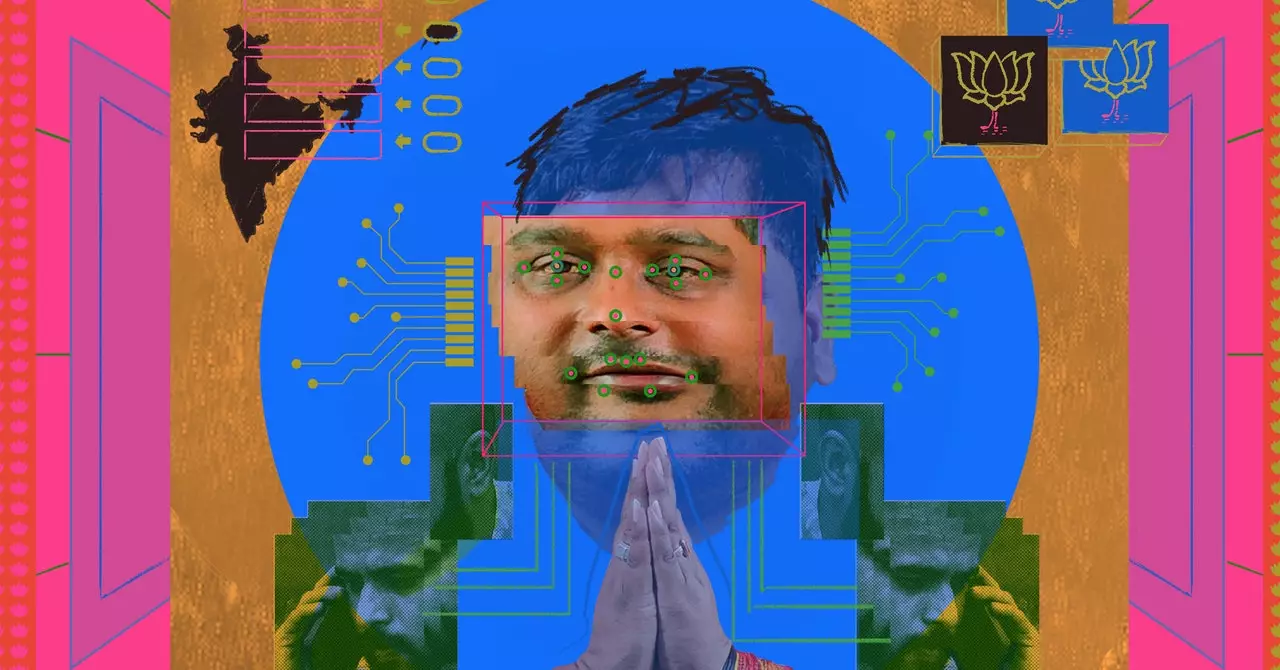The use of artificial intelligence in political campaigns is not a new phenomenon, but it has gained significant traction in India in recent years. With the country’s general election underway, politicians are increasingly turning to AI to reach out to voters in a more personalized and targeted manner. This shift has raised ethical concerns about the use of deepfakes and AI-generated content in influencing political outcomes.
One of the prominent figures in this emerging industry is Divyendra Singh Jadoun, the founder of Polymath Synthetic Media Solutions. His company has been instrumental in creating AI campaigns for various politicians, including generating deepfakes for well-known political figures. Jadoun’s firm, along with many others in India, has capitalized on the growing demand for AI services in the political arena, turning it into a multi-million-dollar business opportunity.
While deepfakes have often been associated with spreading misinformation and disinformation, in the Indian context, politicians are using AI for voter outreach. By leveraging AI technology, politicians can navigate the linguistic diversity of the country and deliver personalized messages to voters in different regions. The use of AI-generated voice clone calls has become a common practice in political campaigns, with millions of calls being made to voters during the election season.
The use of AI in political campaigns raises important questions about the impact of technology on democratic processes. While AI can enhance communication and outreach efforts, it also has the potential to manipulate public perceptions and sway election outcomes. The ease with which deepfakes can be created and disseminated highlights the need for regulatory measures to govern the use of AI in political campaigns.
As AI continues to play a significant role in shaping political discourse, it is crucial to consider the ethical implications of its use. Political parties and deepfake service providers must adhere to ethical standards and ensure transparency in their AI campaigns. The potential for AI to deceive voters and influence electoral outcomes underscores the need for accountability and oversight in the use of technology in political contexts.
The increasing reliance on AI in political campaigns signals a shift in how political communication is conducted in India. As technology continues to evolve, policymakers and regulators must stay vigilant to prevent the misuse of AI in influencing political outcomes. The ethical considerations surrounding AI-generated content in political campaigns will continue to be a prominent issue as technology plays an increasingly central role in shaping democratic processes.


Leave a Reply
You must be logged in to post a comment.